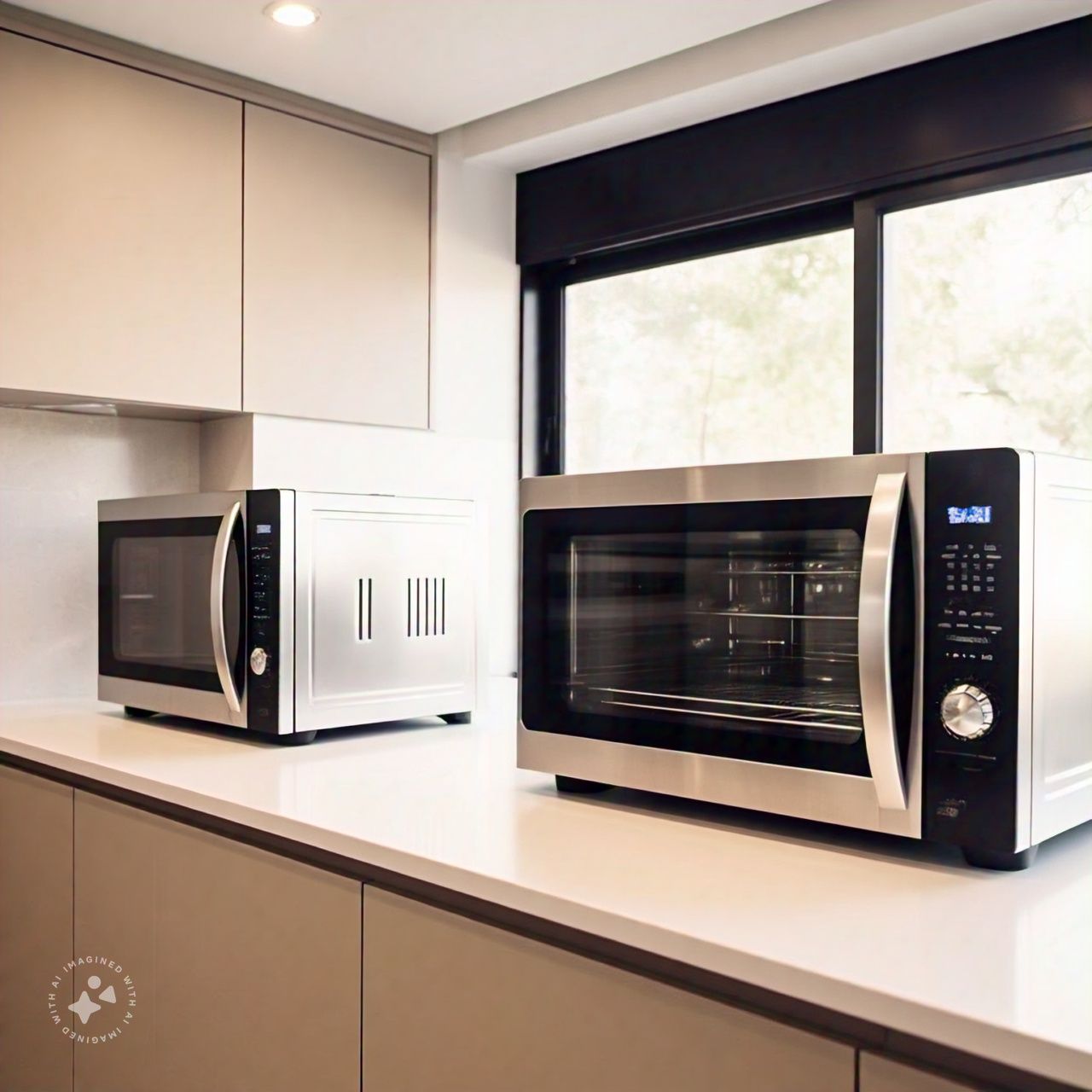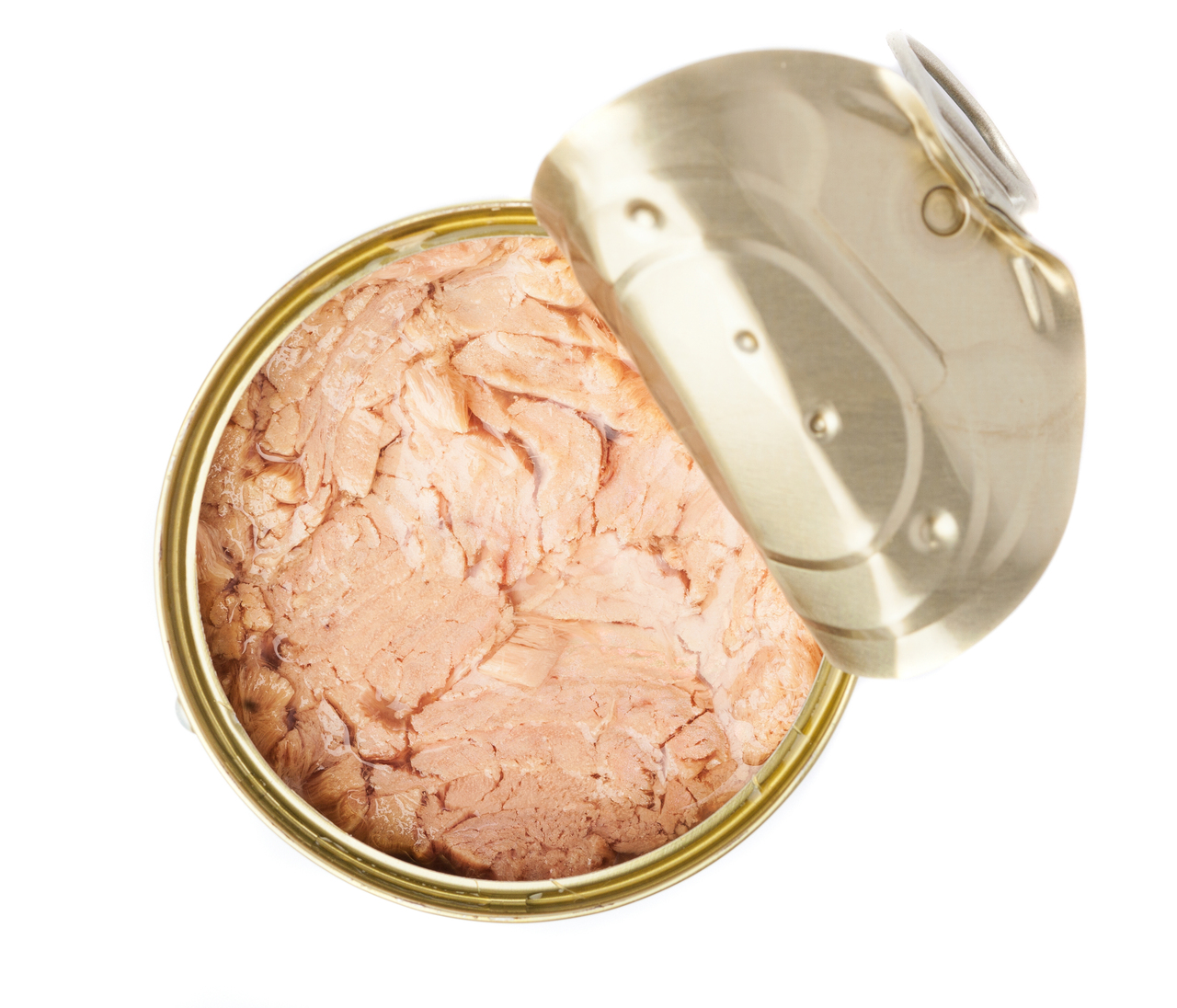
Scientists Found 101 Bacterial Strains in Microwaves
A recent study conducted in Spain has revealed that microwaves, beyond their function as household appliances, can harbor 101 bacterial strains.
Microwaves: Bacterial Ecosystems Resistant to Heat
A recent study conducted by scientists at the University of Valencia, Spain, has revealed that microwaves, beyond their function as everyday household appliances, can harbor a surprising diversity of bacteria, including strains resistant to heat and radiation.
(rtve.es)
Study Methodology
The research team analyzed 30 microwaves in various settings: homes, laboratories, and shared spaces such as offices and cafeterias. Samples were collected from the internal surfaces of the microwaves, including walls and turntables, and cultured in Petri dishes to identify the bacteria present.
RELATED CONTENT
Key Findings
Researchers identified a total of 101 bacterial strains, predominantly from four major types: Proteobacteria, Firmicutes, Actinobacteria, and Bacteroidetes.
These bacteria are commonly found on human skin and frequently touched surfaces, suggesting that human contact is the primary source of bacterial contamination in microwaves.
Additionally, potentially harmful bacteria such as Klebsiella and Brevundimonas, which are associated with foodborne illnesses, were found in household microwaves.
Health Implications
The presence of bacteria resistant to heat and radiation in microwaves challenges the common belief that these appliances are sterile due to the high temperatures they generate.
Some of these bacteria can be pathogenic, posing a potential health risk, particularly if microwaves are not cleaned regularly.
Recommendations
Researchers emphasize the importance of maintaining proper hygiene in microwaves, recommending periodic cleaning with disinfectant products such as soap and diluted bleach.
This is essential to minimize bacterial buildup and reduce the risk of cross-contamination in the kitchen.
This study highlights that microwaves can serve as havens for bacteria resistant to heat and radiation, underscoring the need for proper cleaning practices to ensure food safety and health at home.











LEAVE A COMMENT: